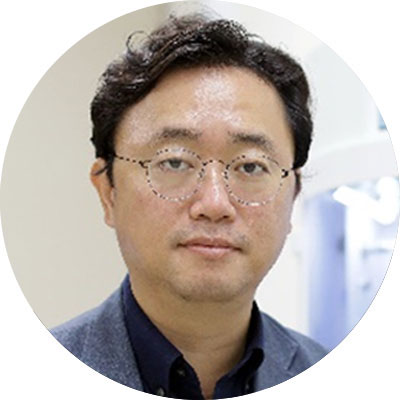Prof. Sang-Woo Kim is YONSEI World-Class Fellow Professor in the Department of Materials Science and Engineering at Yonsei University. Currently, he is the Director of the Center for Human-oriented Triboelectric Energy Harvesting and the Center for National Core Materials Research, both funded by the National Research Foundation of Korea. After completing his PhD at Kyoto University and a postdoc at the University of Cambridge, he joined Sungkyunkwan University (SKKU) in 2009 and became a full professor in 2017. He was later honored as an SKKU Fellow Professor in 2019. In February of this year, he moved to Yonsei University. His recent research interests are focused on piezoelectric/triboelectric nanogenerators, implantable medical devices, self-powered wearable electronics, and 2D materials. Prof. Kim has a publication record, with over 350 research papers published, including articles in prestigious journals such as Science and Nature (with an H-index of 88). He has also delivered over 100 Plenary, Keynote, and Invited talks at international and domestic conferences. In 2018, he served as the Chairman of the 4th NGPT (Nanogenerators and Piezotronics) conference in Seoul. Currently, he holds the position of Vice President at the Materials Research Society of Korea and serves as an Executive Board Member of Advanced Electronic Materials (Wiley). Additionally, he is the Editor-in-Chief of the Korean Journal of Materials Research and the Journal of Sensor Science and Technology.
Triboelectrics and Tribovoltaics for a New Energy Solution
Abstract:
Energy harvesting systems based on triboelectric nanomaterials are in great demand, as they can provide routes for the development of self-powered devices which are highly flexible, stretchable, mechanically durable, and can be used in a wide range of applications. Ultrasound was used to deliver mechanical energy through skin and liquids and demonstrated that a thin inplantable vibrating triboelectric nanogenerator is able to effectively harvest it. Secondly the presenter is going to introduce a two-dimensional (2D) materials-based tribotronics for possible future application toward tactile sensors, robots, security, human-machine interfaces, etc. The triboelectric charging behaviors of vaious 2D layered materials including graphene, MoS2, WS2, etc were investigated in order to decide the triboelectric position of each 2D material using the concept of a triboelectric nanogenerator, which provides new insights to utilize 2D materials in triboelectric devices, allowing thin and flexible device fabrication. Finally I will introduce a novel tribovoltaic effect, which can generate DC power output through the coupling of tribo exciton and drift by built-in electric field to overcome the limitations of conventional AC power-generating triboelectric nanogenerators. It was found that DC power can be generated at dynamic perovskite/CTL heterojunctions by electrical carrier generation from triboelectrification between two layers, which is different from the electric energy generation by photon excitation in solar cells. The tribovoltaic effect enables a paradigm shift in energy harvesting by enhancing battery charging efficiency based on an innovative working mechanism.




